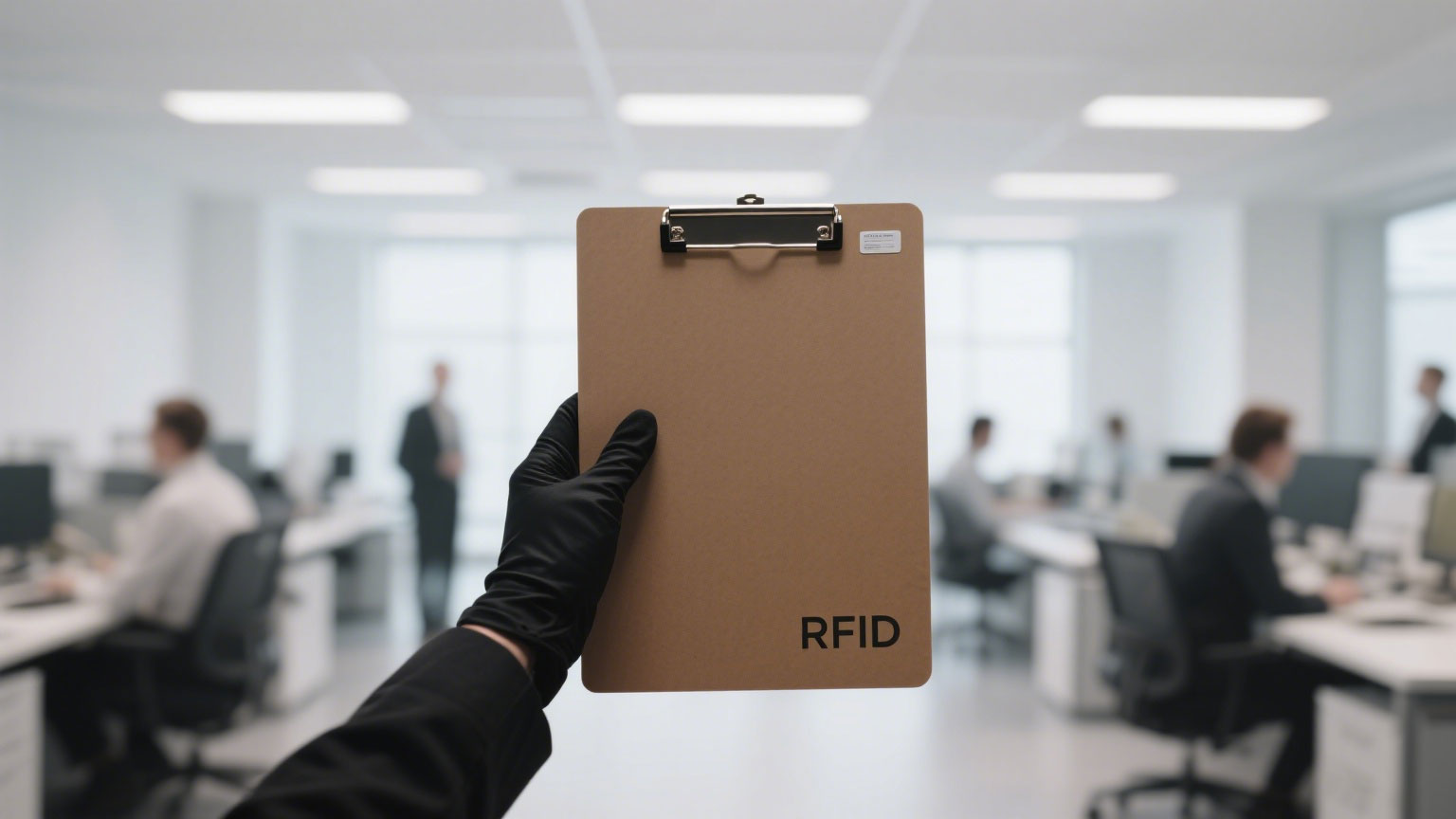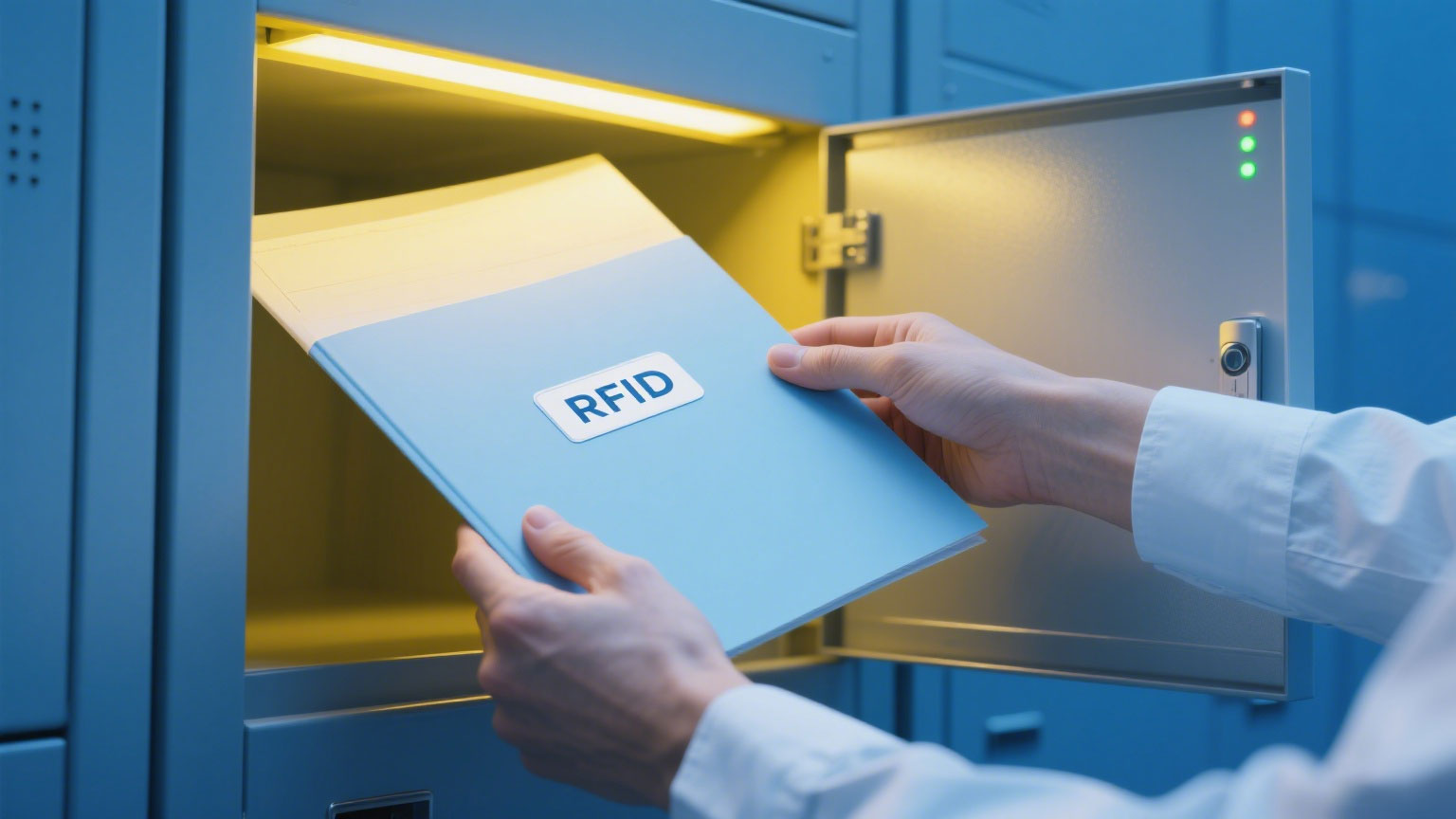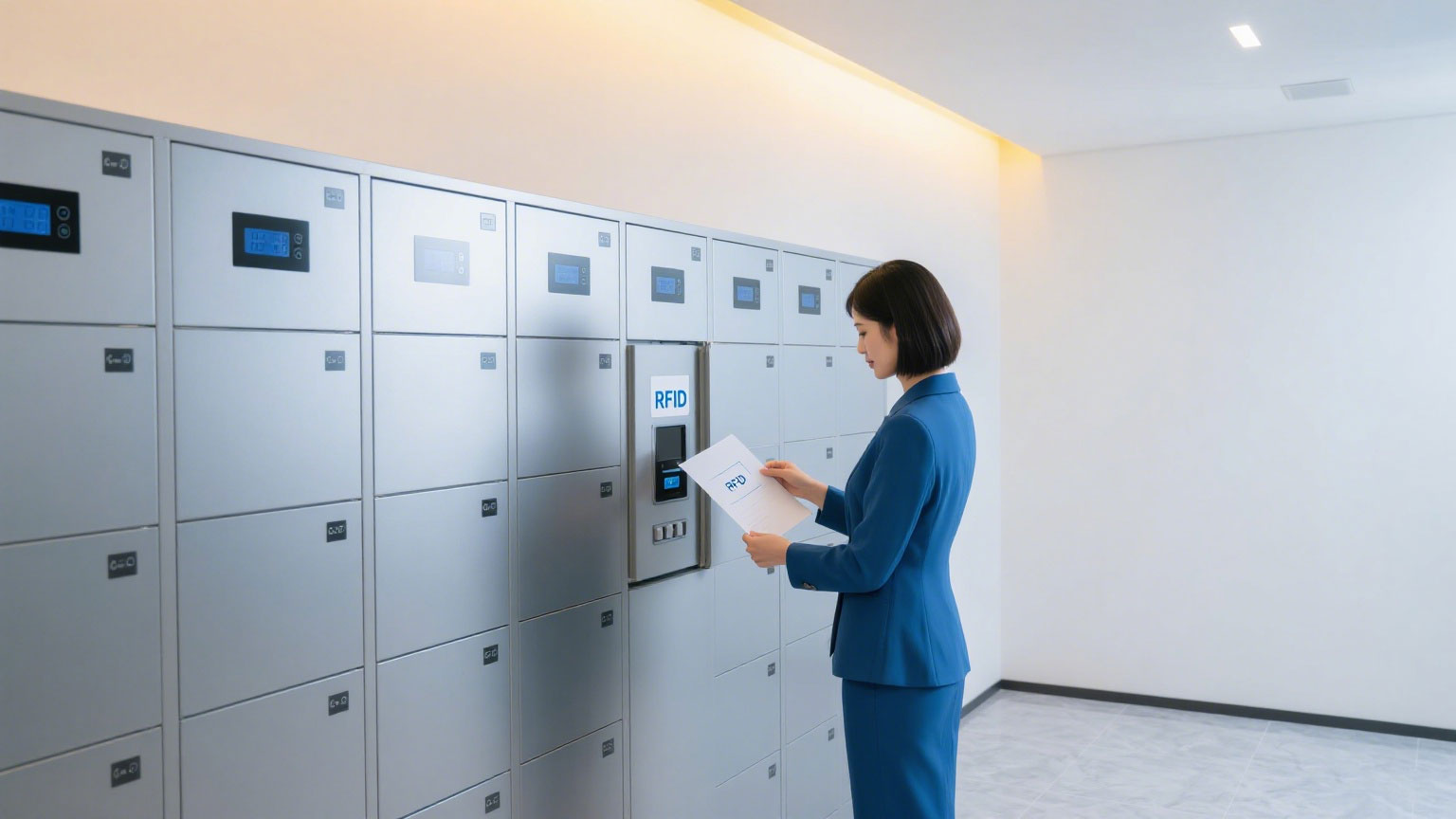Can a Cell Phone Read an RFID Tag?
4Wondering if you can use your smartphone as a scanner? We explain when a cell phone can read an RFID tag and the major limitations for business use.
MoreAll RFID Product
Understanding the Real Cost of RFID File Tracking
Tired of losing files and wasting hours searching? An RFID (Radio-Frequency Identification) file tracking system offers a powerful solution, automating document location and management. But the big question for most businesses is: “What does an RFID file tracking system actually cost?”
The truth is, there’s no single price tag. The rfid file tracking system cost varies significantly based on your specific needs and scale. Expect a range, typically starting around $5,000 for a very basic setup and scaling up to $50,000+ for large, complex deployments in enterprises. Here’s what shapes that investment:

Key Factors Driving RFID File Tracking System Cost:

Breaking Down the rfid file tracking system cost:
Beyond the Initial rfid file tracking system cost: ROI
While the upfront rfid file tracking system cost is important, focus on the return on investment (ROI):
A well-implemented system often pays for itself within 1-3 years through efficiency gains and risk reduction.

Getting a Precise Quote for Your RFID File Tracking System Cost
The best way to know your exact rfid file tracking system cost is to consult with experienced providers. Companies like Cykeo specialize in document tracking solutions. They can assess your specific needs:
Based on this, they can design a system and provide a detailed quote outlining all hardware, software, tags, and service costs. Cykeo and similar vendors offer scalable solutions to fit different budgets.
Conclusion: An Investment in Efficiency
The rfid file tracking system cost is an investment in eliminating the frustration, inefficiency, and risk associated with manual file management. While prices vary, understanding the key cost factors and focusing on the tangible ROI makes the decision clearer. Requesting tailored quotes from specialists is the essential step to get accurate pricing for your unique situation and start reclaiming lost time and control over your critical documents.
Wondering if you can use your smartphone as a scanner? We explain when a cell phone can read an RFID tag and the major limitations for business use.
MoreEver wonder how an RFID reader actually works? This article breaks it down in a human way — how the reader talks to tags, what happens in warehouses or metro gates, and why it’s quietly powering daily life everywhere.
MoreTamper proof RFID tags combine wireless identification with anti-tampering features. Once removed, they become invalid immediately. Widely used in asset authentication, logistics sealing, and high-value equipment monitoring. Cykeo offers customiza...
MoreTrying to save costs? Discover why asking "can any antenna be used for RFID" is risky and learn the critical factors for RFID antenna compatibility and performance.
More